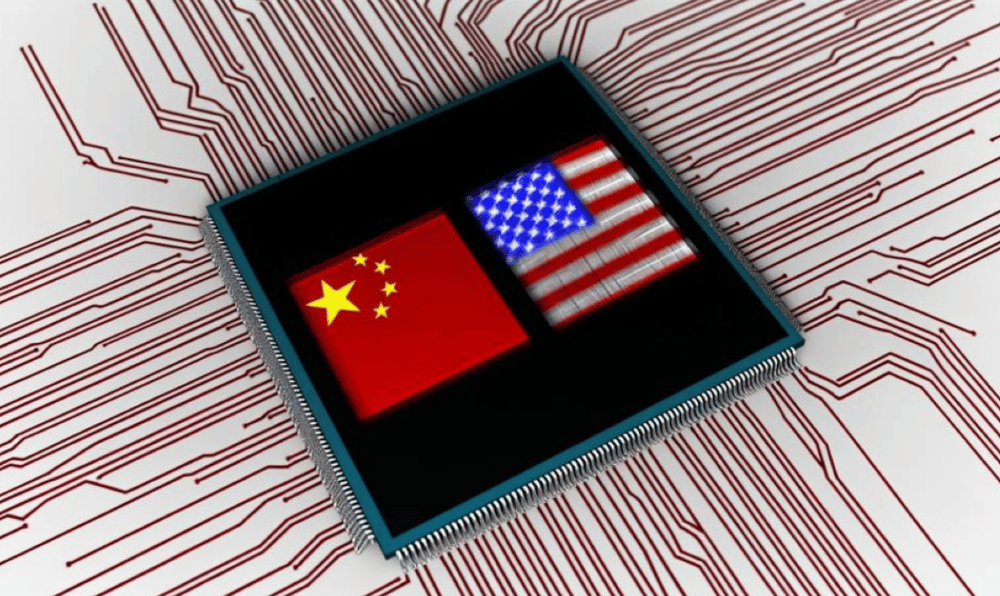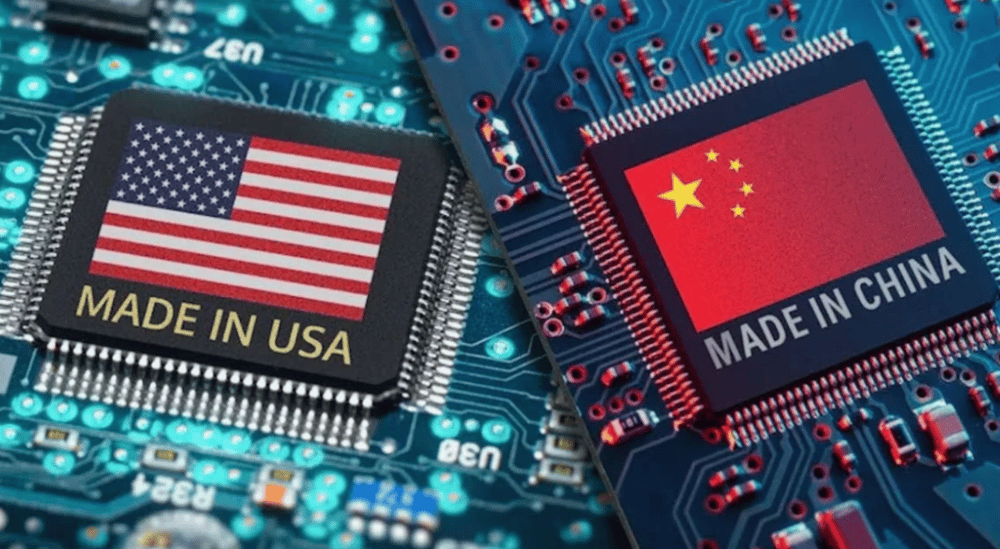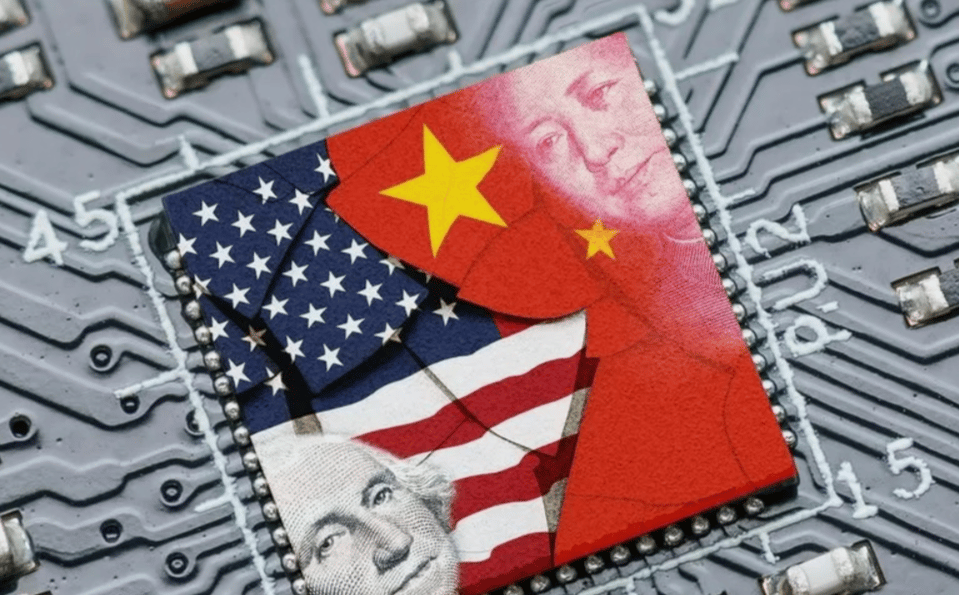US Dollar Pressure Mounts as Washington Moves to Revoke Semiconductor Export Waivers
The United States is reportedly preparing to cancel key export waivers that have allowed global semiconductor giants—Samsung Electronics $005930.KS, SK Hynix $000660.KS, and Taiwan Semiconductor Manufacturing Company $2330.TW —to supply advanced chipmaking equipment to their fabrication plants in China. This shift comes amid escalating strategic competition between the U.S. and China and could signal a renewed tightening of export controls on sensitive technologies.
Currently, these companies benefit from special exemptions granted by the U.S. Commerce Department’s Bureau of Industry and Security (BIS). These waivers have enabled ongoing chip production in mainland China using U.S.-origin equipment without triggering individual license requirements.
The potential revocation, as disclosed by sources familiar with internal U.S. discussions, threatens to heighten trade tensions, disrupt semiconductor supply chains, and deepen the technological rift between Washington and Beijing.
Semiconductor Geopolitics: Analysis of the Decision and Market Implications
Revoking the export waivers would reflect a broader recalibration of U.S. national security policy in the tech domain. The goal is to limit China’s access to cutting-edge fabrication technologies—especially extreme ultraviolet (EUV) lithography and advanced etching tools essential for sub-7nm chip production.
South Korean and Taiwanese chipmakers are key players with fabrication facilities inside China. Samsung and SK Hynix operate DRAM and NAND flash memory production lines, while TSMC has legacy nodes in China primarily serving local demand.
Revocation of exemptions could:
Compel firms to scale down Chinese operations
Lead to a halt or delay in equipment upgrades
Increase compliance burdens and costs
Intensify pressure on the Chinese semiconductor ecosystem already under export constraints
These developments may also provoke countermeasures from Beijing, potentially affecting U.S. firms doing business in China or retaliating through rare earth element controls.

Quick Facts:
Samsung, SK Hynix, and TSMC currently operate under U.S. export control waivers for equipment shipped to China.
Exemptions cover advanced chipmaking tools, including U.S.-designed lithography, deposition, and metrology systems.
U.S. authorities have not formally revoked the waivers but have signaled intent to do so in the near term.
The policy change targets Chinese access to high-performance computing (HPC) and AI-enabling chips.
The BIS has increasingly cited national security concerns as justification for expanded controls.
Market Reaction and Industry Commentary
Initial market response was subdued but cautiously negative. Shares of Samsung Electronics, SK Hynix, and TSMC posted modest gains, reflecting resilience in broader equity markets and strong demand for memory chips amid an AI infrastructure boom. However, analysts warn that valuation risk could rise if regulatory uncertainty escalates.
Meanwhile, the USD (U.S. dollar) showed signs of strengthening, supported by the perception of an assertive U.S. stance on strategic technology. Any long-term disruption to global chip production could also reinforce the dollar’s safe haven status.
Global investment banks, including JPMorgan and Goldman Sachs, released early notes forecasting that production bottlenecks in China could reallocate demand toward non-China-based fabs, such as those in South Korea, Taiwan, and the United States. However, relocating advanced manufacturing capacity is costly, slow, and geopolitically sensitive.

Top 5 Strategic Insights:
Waiver Removal as Escalation: The move would formalize a new phase of tech decoupling between the U.S. and China.
Supply Chain Fragmentation: Multinational chipmakers may be forced to bifurcate their supply chains by region.
Risk to China-Based Assets: Fabs in China could become stranded or underutilized due to equipment constraints.
USD Strengthening: Rising geopolitical friction boosts demand for dollar-denominated assets.
Strategic Realignment: U.S. policy increasingly aligns export control with industrial policy to reshape global chip production.
Trade Policy and Strategic Technology Enter a New Phase
The reported plan by the United States to rescind export control exemptions for Samsung, SK Hynix, and TSMC represents a pivotal moment in global semiconductor geopolitics. What began as targeted restrictions is evolving into a full-fledged technology containment strategy, with far-reaching consequences for supply chains, capital allocation, and international trade relations.
As semiconductor technology becomes increasingly dual-use—serving both commercial and defense applications—Washington’s recalibration signals that export waivers are no longer compatible with long-term national security goals.
Markets, while stable for now, face mounting uncertainty. If implemented, the policy could mark a watershed in the ongoing U.S.-China tech rivalry and redefine the structure of the global semiconductor industry.















Comments
This decision could drastically reshape the semiconductor landscape and heighten tensions further.